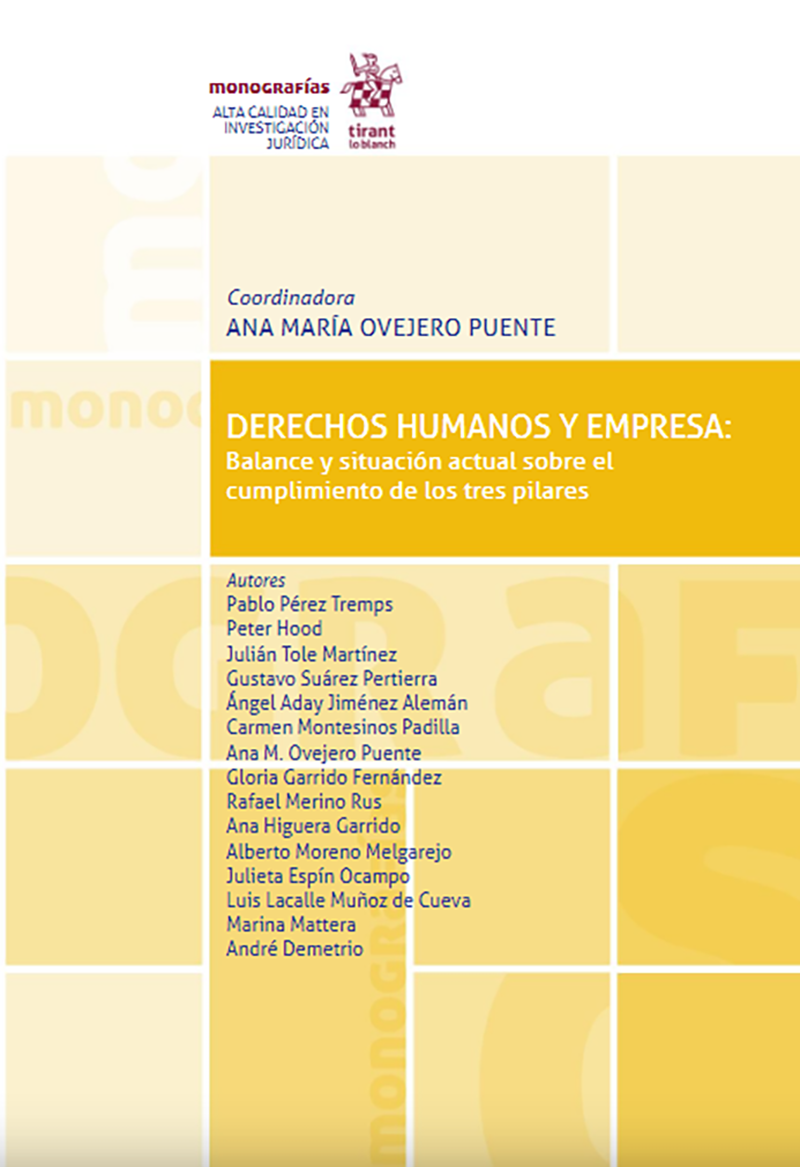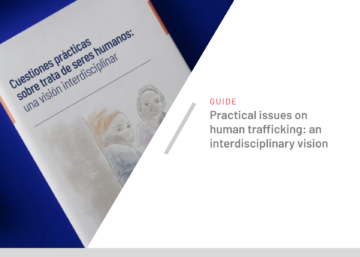The Ruggie Principles support the self-regulation of businesses as the most efficient method to make business respect human rights when they have a global business presence, thereby complementing traditional protection systems.
The volume Business and Human Rights: Assessment and Current Situation on Fulfilment of the Three Pillars, analyses examples such as companies performing this type of respectful and responsible action regarding human rights in different industry sectors. These business “plans”, which are soft law, have shown their usefulness and capacity of producing legal obligations for companies not part of traditional, constitutional and democratic law processes.
The current assessment on the level of compliance with the Ruggie Principles by multinational companies is positive, as significant change has been made in the manner of conducting international business, thanks to the introduction of elements of business ethics.
The Ruggie Principles have fostered a new way of multinationals interacting with citizens (be they employees, clients, consumers, etc.) and with powers from the state, in which human rights have become the centre and objective of any and all debate.
This volume includes all the talks from the II “Business and Human Rights: assessment and current situation” International Conference held in December 2018, as well as the sector analysis prepared by the members of the R&D group “Protection of Rights in Multinational Environments”, formed by the Institute of Comparative Public Law of the Universidad Carlos III de Madrid, the Universidad Europea de Madrid, and the Fernando Pombo Foundation.







